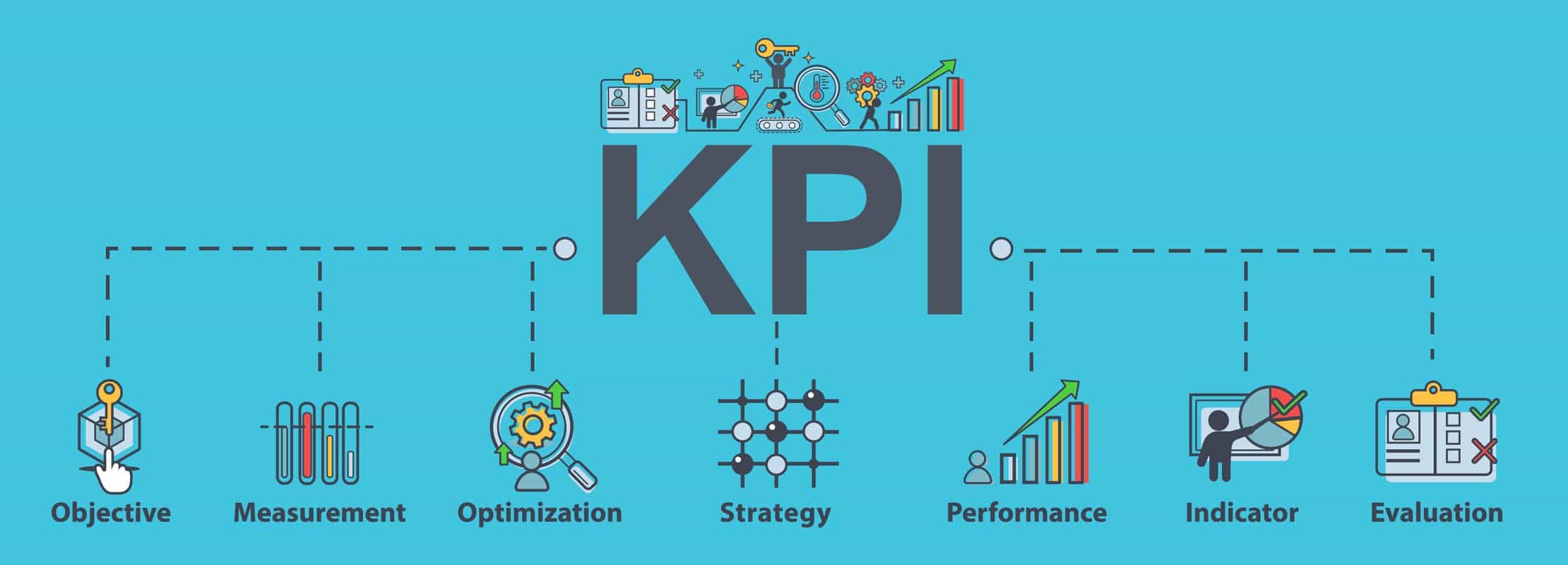What is digital marketing?
Digital marketing is driving brand awareness and lead generation through all the digital channels -- both free and paid -- that are at a company's disposal. These channels include social media, the company's own website, search engine rankings, email, display advertising, and the company's blog.
The digital marketer usually focuses on a different key performance indicator (KPI) for each channel so they can properly measure the company's performance across each one. A digital marketer who's in charge of SEO, for example, measures their website's "organic traffic" -- of that traffic coming from website visitors who found a page of the business's website via a Google search.
Digital marketing offers advanced targeting and personalization options Making web marketing a part of your business strategy also gives you access to a range of advanced targeting and personalization options. Traditional marketing, which is broader, can’t compete with what digital marketing can provide you when it comes to targeting.
For example, with online marketing, you can use targeting options like:
AgeGender
Location
Interests
Marital status
Hobbies
Device
And more
These targeting options can help you amplify the other benefits of digital marketing, like its cost-effectiveness. If you launch a PPC campaign, for example, you could use targeting options like location and device to focus your ads on users most likely to convert, like by visiting your brick-and-mortar store.
What is the role of digital marketing to a company? Unlike most offline marketing efforts, digital marketing allows marketers to see accurate results in real time. If you've ever put an advert in a newspaper, you'll know how difficult it is to estimate how many people actually flipped to that page and paid attention to your ad. There's no surefire way to know if that ad was responsible for any sales at all. On the other hand, with digital marketing, you can measure the ROI of pretty much any aspect of your marketing efforts.
Here are some examples: Website Traffic With digital marketing, you can see the exact number of people who have viewed your website's homepage in real time by using digital analytics software, available in marketing platforms like HubSpot. You can also see how many pages they visited, what device they were using, and where they came from, amongst other digital analytics data.
This intelligence helps you to prioritize which marketing channels to spend more or less time on, based on the number of people those channels are driving to your website. For example, if only 10% of your traffic is coming from organic search, you know that you probably need to spend some time on SEO to increase that percentage.
With offline marketing, it's very difficult to tell how people are interacting with your brand before they have an interaction with a salesperson or make a purchase. With digital marketing, you can identify trends and patterns in people's behavior before they've reached the final stage in their buyer's journey, meaning you can make more informed decisions about how to attract them to your website right at the top of the marketing funnel.
Content Performance and Lead Generation Imagine you've created a product brochure and posted it through people's letterboxes -- that brochure is a form of content, albeit offline. The problem is that you have no idea how many people opened your brochure or how many people threw it straight into the trash.
Now imagine you had that brochure on your website instead. You can measure exactly how many people viewed the page where it's hosted, and you can collect the contact details of those who download it by using forms. Not only can you measure how many people are engaging with your content, but you're also generating qualified leads when people download it.
Our Specialities
- Social Media Marketing
- Email Marketing (Bulk Mail)
- Pay-per-click (PPC)
- Paid Boosting
- Google ad words
- B2B Digital Marketing
- Online PR
- Affiliate Marketing
- Marketing Automation
- Inbound Marketing
- Content Marketing
